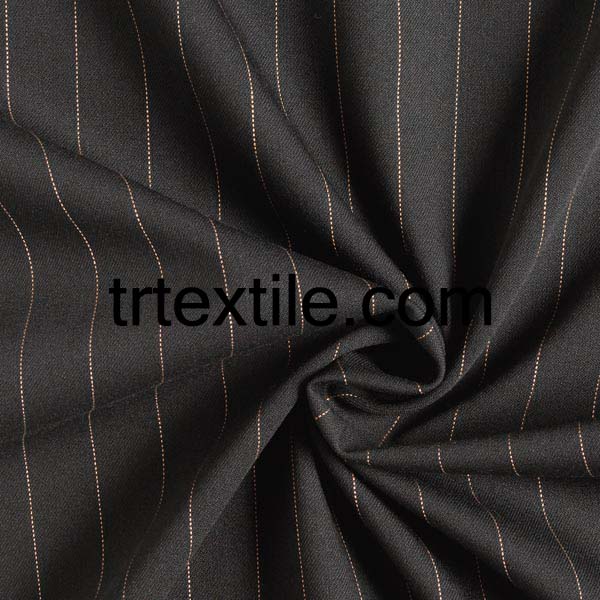When it comes to choosing a suit, one of the most important factors to consider is the fabric. The fabric of a suit can dramatically affect its look, feel, and overall quality. With so many options to choose from, it can be overwhelming to know which fabric is best for your needs. In this article, we will delve into the various types of suit fabrics and their characteristics to help you make an informed decision.
Wool is by far the most popular fabric choice for suits, and for good reason. Wool is a natural fiber that is both durable and breathable, making it ideal for year-round wear. It has a luxurious feel and drapes well on the body, creating a polished and professional look. Wool suits are available in a wide range of weights, from lightweight tropical wool for warmer climates to heavyweight flannel for colder weather.
Another popular choice for suits is cotton. Cotton suits are lightweight and breathable, making them a great option for summer wear. They have a more casual look compared to wool suits, making them perfect for business casual or more relaxed settings. Cotton suits are also easy to care for and can be machine washed, unlike wool suits which typically require dry cleaning.
Linen is another natural fiber that is commonly used for suits. Linen is lightweight and highly breathable, making it perfect for hot weather. Linen suits have a relaxed and casual look, making them a great choice for summer weddings or outdoor events. However, linen is prone to wrinkling, so it may not be the best option for those looking for a polished and crisp look.
Silk is a luxurious fabric that is often used for special occasion suits. Silk suits have a smooth and lustrous appearance, making them perfect for formal events such as black-tie weddings or galas. However, silk is delicate and can be prone to wrinkles and stains, so it may not be the most practical choice for everyday wear.
Polyester is a synthetic fabric that is often blended with other fibers to create affordable and easy-care suits. Polyester suits are wrinkle-resistant and durable, making them a great option for travelers or those on a budget. However, polyester does not breathe as well as natural fibers like wool or cotton, so it may not be the best choice for hot climates.
In addition to the type of fabric, the weave of the fabric can also affect the look and feel of a suit. Some common weaves include twill, herringbone, and plain weave. Twill is a diagonal weave that creates a subtle texture and is often used for business suits. Herringbone is a zigzag weave that adds visual interest to a suit, while plain weave is a simple and versatile option.
Ultimately, the best fabric for your suit will depend on your personal style, climate, and budget. Wool is a versatile and classic choice that works well in most situations, while cotton and linen are great options for warmer weather. Silk suits are perfect for formal events, while polyester suits are a practical and affordable choice. Consider the characteristics of each fabric and weave to find the perfect suit for your needs.




